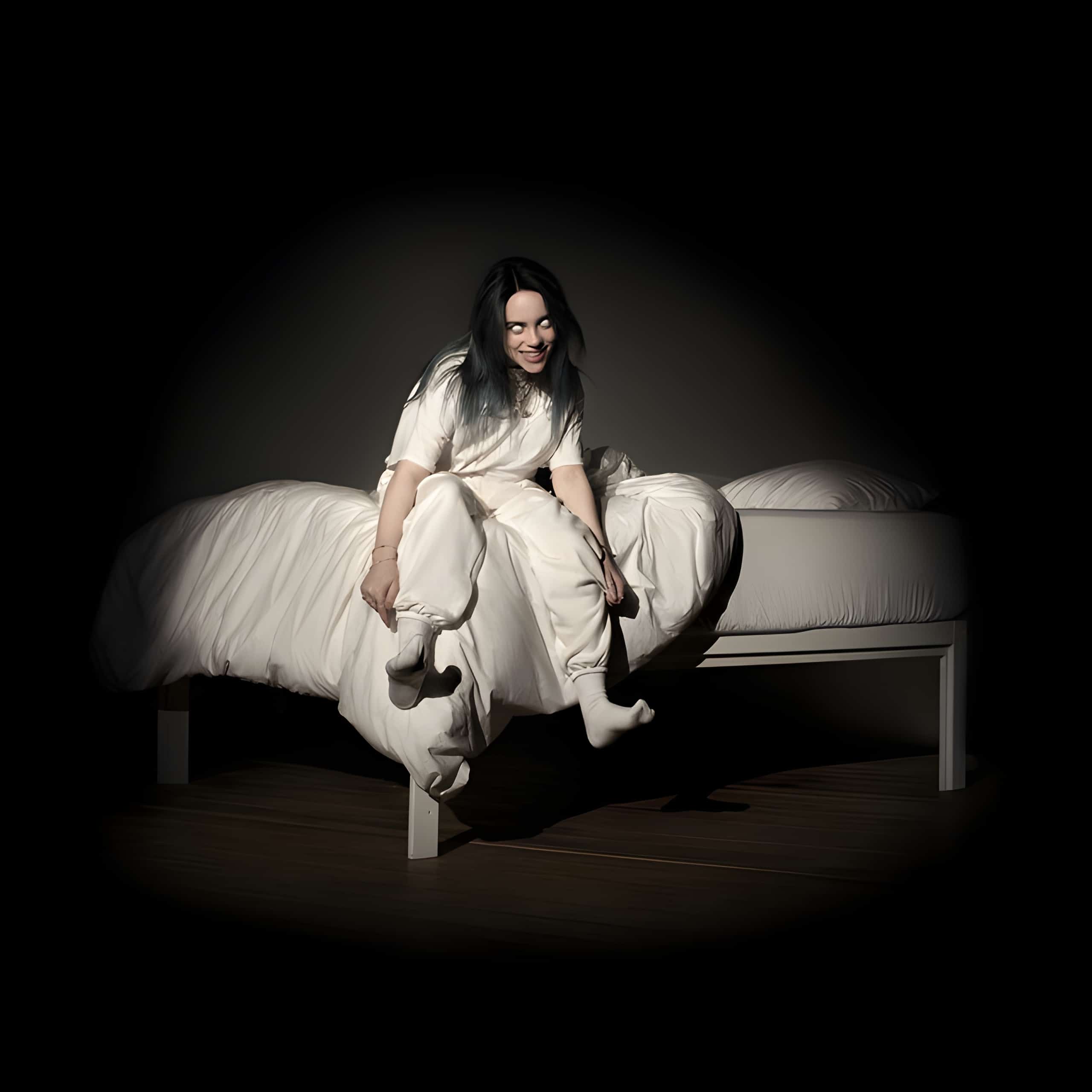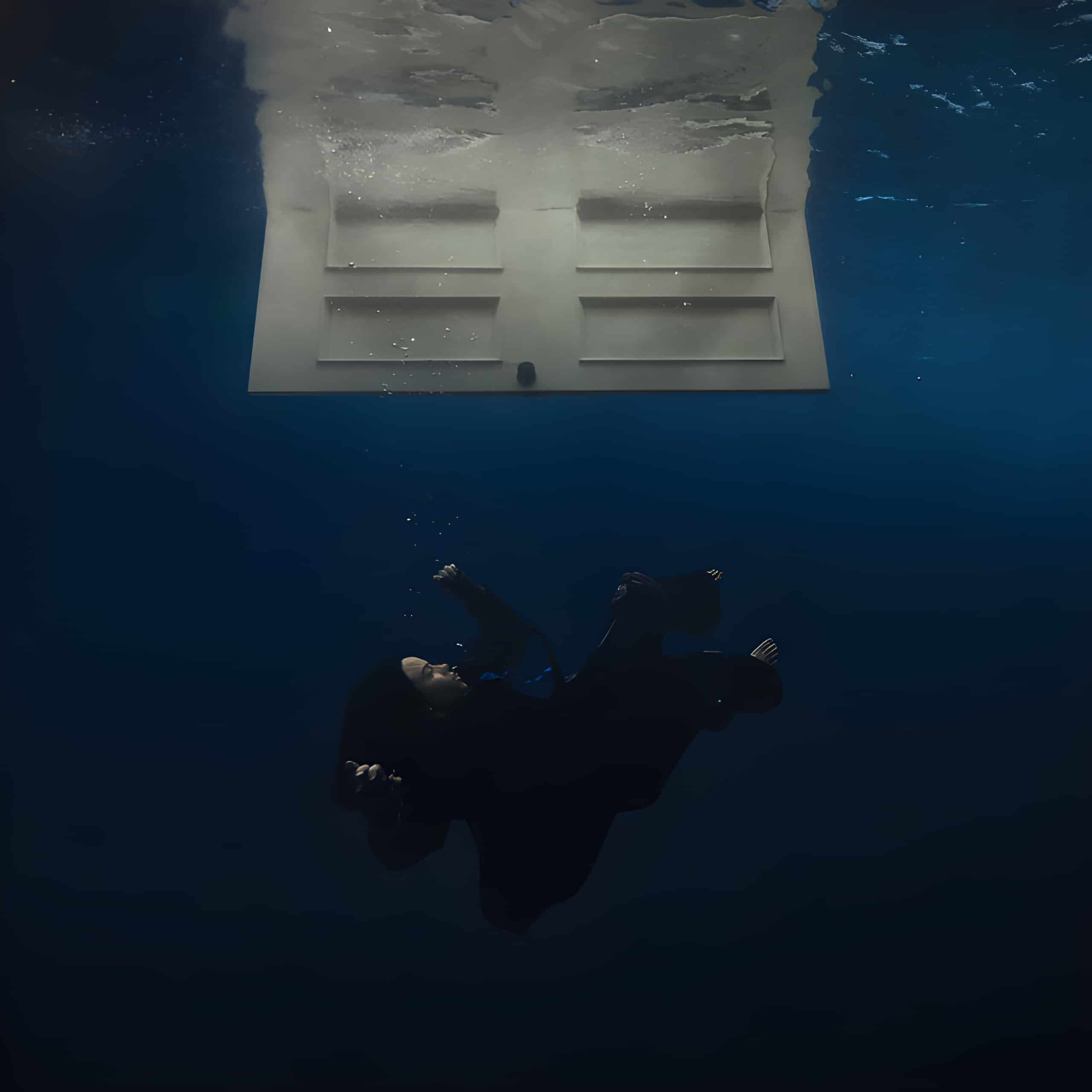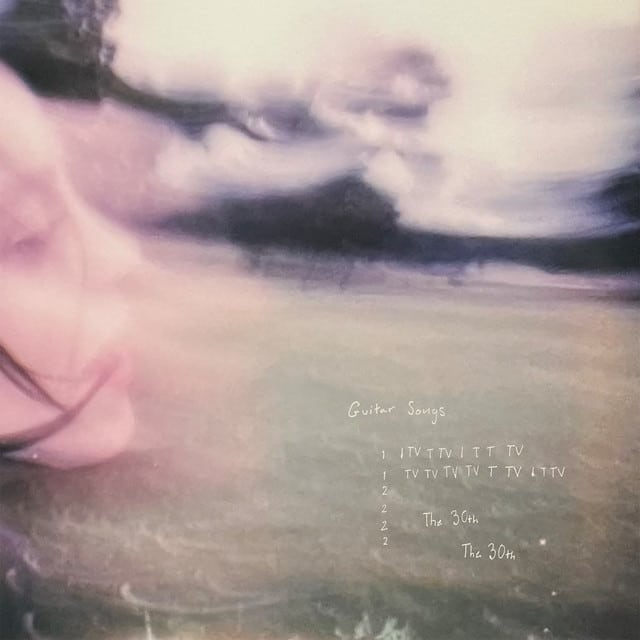Released: 2017
Billie Eilish’s “watch” is a deep dive into the complex dynamics of a failing relationship, where the lingering feelings and hurt manifest through vivid and intense imagery. Eilish uses a mixture of personal reflection and pointed accusations to paint a picture of betrayal and self-liberation.
The opening lines, “Lips meet teeth and tongue / My heart skips eight beats at once,” immediately establish an intense emotional and physical connection, hinting at the overwhelming impact of love or infatuation. However, this connection quickly turns sour as Eilish contemplates the reality of their relationship, “If we were meant to be / We would have been by now.” Here, she’s acknowledging a painful truth, that despite any passion, they’re not destined to last.
The chorus, “I’ll sit and watch your car burn / With the fire that you started in me,” serves as a metaphor for Eilish watching the destruction of the relationship as well as her own emotional turmoil. The fire symbolizes both the pain inflicted by her partner and her burning, unresolved feelings. Eilish asserts she won’t allow her partner to extinguish the pain they’ve caused, emphasizing a shift from victim to someone reclaiming their power.
The song progresses with expressions of disillusionment and anger, particularly in lines like, “Your love feels so fake / And my demands aren’t high to make.” Eilish is voicing her frustrations over her partner’s insincerity and the lack of effort in their relationship. She’s calling out the empty promises and lies, signaling her growing detachment and desire for truth.
As Eilish questions, “When you call my name / Do you think I’ll come runnin’?” she’s challenging the expectation that she’ll always be there, despite being taken for granted. This section is poignant as it reflects a turning point where Eilish decides she’s no longer bound by the other’s wishes. The repeated declaration, “Now you know / Now I’m free,” signifies her breaking free from the cycle of hurt.
In the culmination of the song, the reinforcement of her resolve, “But I’ll never let you back to put it out,” Eilish insists on maintaining her newfound independence and strength. It’s a declaration of self-preservation and the refusal to let the person who hurt her have any more power over her emotions.
Through “watch,” Eilish masterfully conveys the pain of betrayal and the power of self-liberation using evocative imagery and raw emotion. The song stands as a testament to her ability not just to express the complex layers of human emotions, but to craft them into a compelling narrative of hurt and healing.








